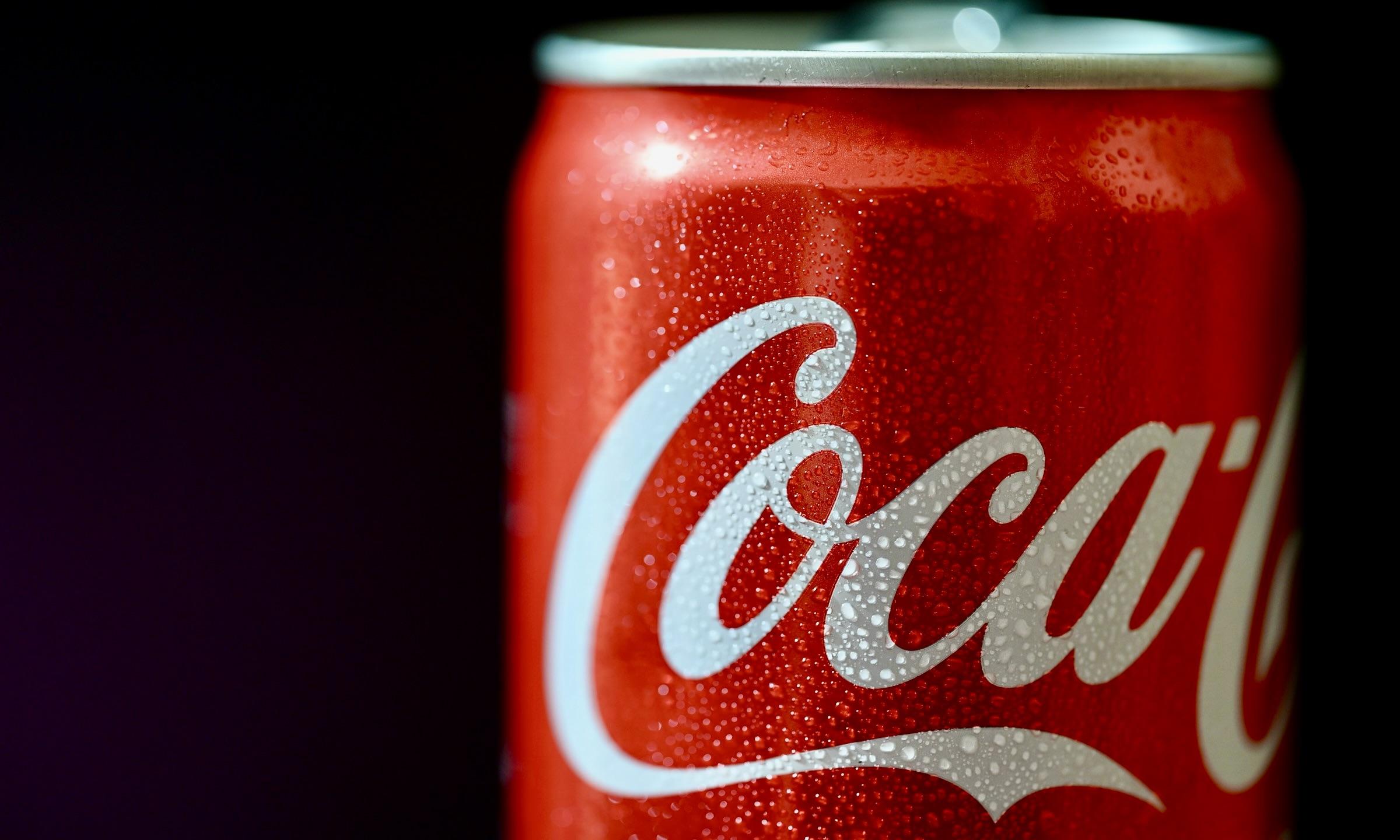The U.S. Plastics Pact, including Coca-Cola and Nestlé, has shifted its plastic reduction targets to 2030. The Coca-Cola Foundation has awarded $10 million to reduce plastic waste across seven African islands.
Pact Moves Goals to 2030
The 80-company U.S. Plastics Pact, which includes Danone, Coca-Cola, and Nestlé, has delayed the goal of significantly reducing plastic consumption from 2025 to 2030.
According to GreenBiz.com, the five-year lapse is indicative of the widespread failure of corporations to achieve the lofty climate targets they established in the last decade. Plastic manufacturing has also increased. Statista reports that in 2022, the production of plastics by manufacturers reached 400.3 million metric tons, representing a 1.6% increase from the previous year.
The pact states that the following goals for plastic packaging are no longer intended to be achieved by 2025:
- Eliminating problematic materials, such as tableware and PFAS chemicals.
- Baking in reusability, recyclability or compostability to all packaging.
- Reaching a 50 percent plastic recycling rate.
- Integrating recycled or responsibly sourced bio-based materials into 30 percent of all packaging.
The missed deadline is not shocking. When October 2023 rolled around, it was obvious that most businesses would miss their 2025 goal.
Challenges in Meeting Goals
According to Emily Tipaldo, the executive director of the U.S. Plastics Pact, the most significant obstacles were the inexpensive and plentiful virgin plastic and the absence of federally mandated standards that would have compelled all industries to adjust.
Now, members of the Walpole, New Hampshire-based alliance are obligated to report yearly on their efforts to phase out virgin plastic from their operations. The name of that undertaking is "Roadmap 2.0."
"Roadmap 2.0 by default acts as a national strategy for the plastics packaging value chain, in terms of how we're looking across the value chain, to build a circular economy for plastics packaging," Tipaldo explained.
In response to inquiries regarding the group's evolving goals, none of these U.S. Plastics Pact members—Unilever, Mars, Clorox, Conagra, Kraft Heinz, L'Oréal, and Kimberly-Clark—have commented.
Yet, Coca-Cola, the leading polluter of plastics according to research conducted in April, has said that it is 90% on track to achieve its target of having all of its packaging be recyclable by the year 2025.
"We know more must be done, and we can’t achieve our goals alone," stated a spokesperson for Coca-Cola to GreenBiz.
Coca-Cola's $10M Grant
In fact, to fight plastic pollution in seven African islands, the International Union for Conservation of Nature (IUCN) has received a $10 million grant from the Coca-Cola Foundation, per Packaging-gateway.com.
The foundation provided the funding through the IslandPlas initiative, which will run for three years and principally focus on the islands of Mauritius, Cabo Verde, Comoros, Madagascar, São Tomé and Príncipe, Seychelles, and Zanzibar.
Overall, it hopes to recycle about 5,600 tons of trash, lessen plastic waste by collecting about 14,000 tons, and raise the standard of living for around 9,600 people working in the informal waste industry.
Photo: Jayanth Muppaneni/Unsplash



 Meta Signs Multi-Billion Dollar AI Chip Deal With Google to Power Next-Gen AI Models
Meta Signs Multi-Billion Dollar AI Chip Deal With Google to Power Next-Gen AI Models  Anthropic Refuses Pentagon Request to Remove AI Safeguards Amid Defense Contract Dispute
Anthropic Refuses Pentagon Request to Remove AI Safeguards Amid Defense Contract Dispute  BlueScope Steel Shares Drop After Rejecting Revised A$15 Billion Takeover Bid
BlueScope Steel Shares Drop After Rejecting Revised A$15 Billion Takeover Bid  Lynas Rare Earths Shares Surge on Strong Half-Year Earnings and Rising Global Demand
Lynas Rare Earths Shares Surge on Strong Half-Year Earnings and Rising Global Demand  Boeing Secures $166.8 Million U.S. Navy Contract for P-8A Engineering and Software Support
Boeing Secures $166.8 Million U.S. Navy Contract for P-8A Engineering and Software Support  Amazon’s $50B OpenAI Investment Tied to AGI Milestone and IPO Plans
Amazon’s $50B OpenAI Investment Tied to AGI Milestone and IPO Plans  Hyundai Motor Group to Invest $6.26 Billion in AI Data Center, Robotics and Renewable Energy Projects in South Korea
Hyundai Motor Group to Invest $6.26 Billion in AI Data Center, Robotics and Renewable Energy Projects in South Korea  FCC Approves Charter Communications’ $34.5 Billion Acquisition of Cox Communications
FCC Approves Charter Communications’ $34.5 Billion Acquisition of Cox Communications  Netflix Stock Jumps 14% After Exiting Warner Bros Deal as Paramount Seals $110 Billion Acquisition
Netflix Stock Jumps 14% After Exiting Warner Bros Deal as Paramount Seals $110 Billion Acquisition  Coupang Reports Q4 Loss After Data Breach, Revenue Misses Estimates
Coupang Reports Q4 Loss After Data Breach, Revenue Misses Estimates  FedEx Faces Class Action Lawsuit Over Tariff Refunds After Supreme Court Ruling
FedEx Faces Class Action Lawsuit Over Tariff Refunds After Supreme Court Ruling  Samsung Electronics Stock Poised for $1 Trillion Valuation Amid AI and Memory Boom
Samsung Electronics Stock Poised for $1 Trillion Valuation Amid AI and Memory Boom  Snowflake Forecasts Strong Fiscal 2027 Revenue Growth as Enterprise AI Demand Surges
Snowflake Forecasts Strong Fiscal 2027 Revenue Growth as Enterprise AI Demand Surges  Paramount Skydance to Acquire Warner Bros Discovery in $110 Billion Media Mega-Deal
Paramount Skydance to Acquire Warner Bros Discovery in $110 Billion Media Mega-Deal  Middle East Airspace Shutdown Disrupts Global Flights After U.S.-Israel Strikes on Iran
Middle East Airspace Shutdown Disrupts Global Flights After U.S.-Israel Strikes on Iran  Panama Investigates CK Hutchison’s Port Unit After Court Voids Canal Contracts
Panama Investigates CK Hutchison’s Port Unit After Court Voids Canal Contracts 































